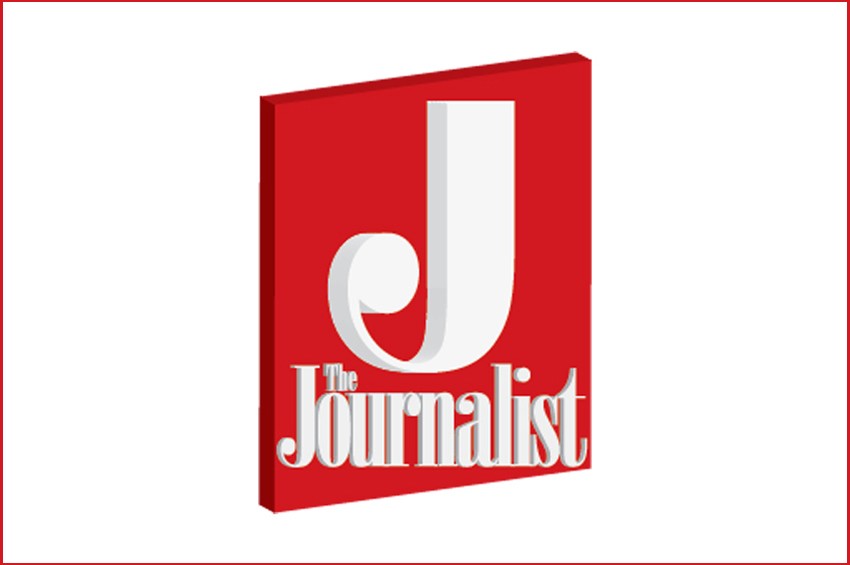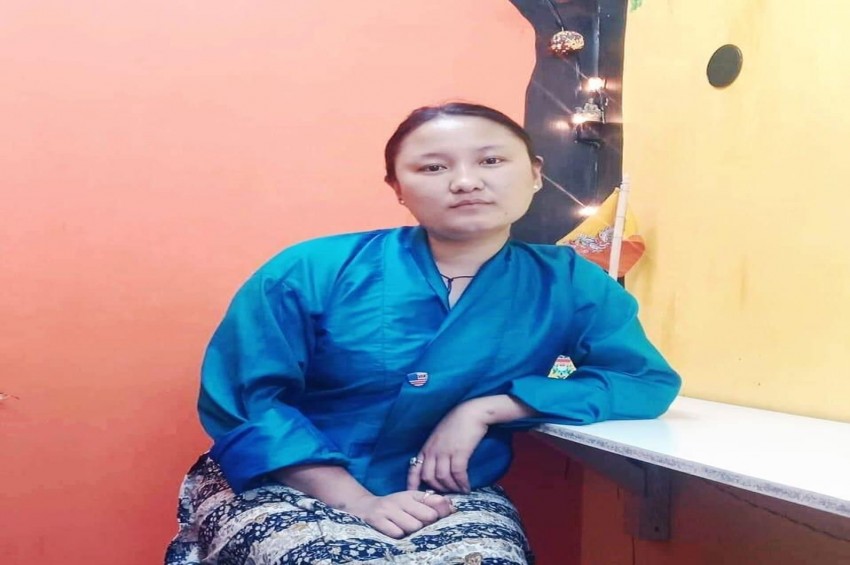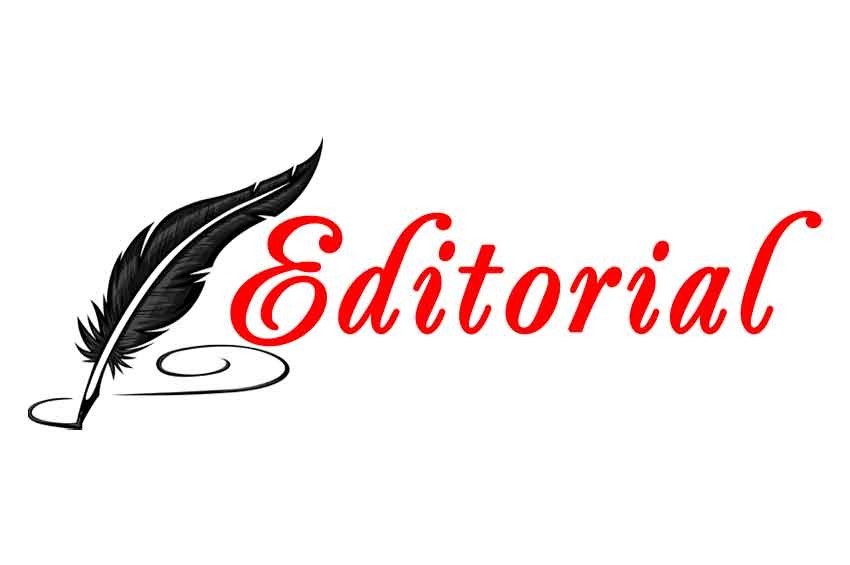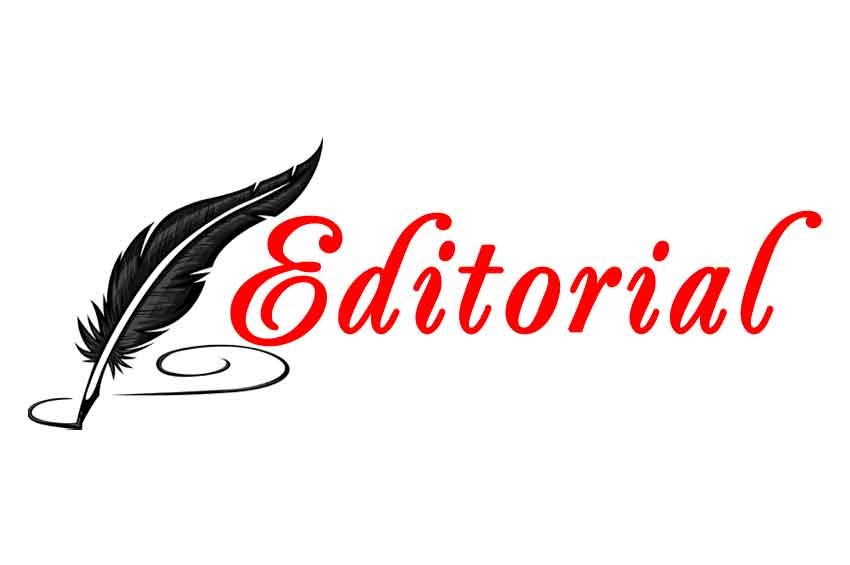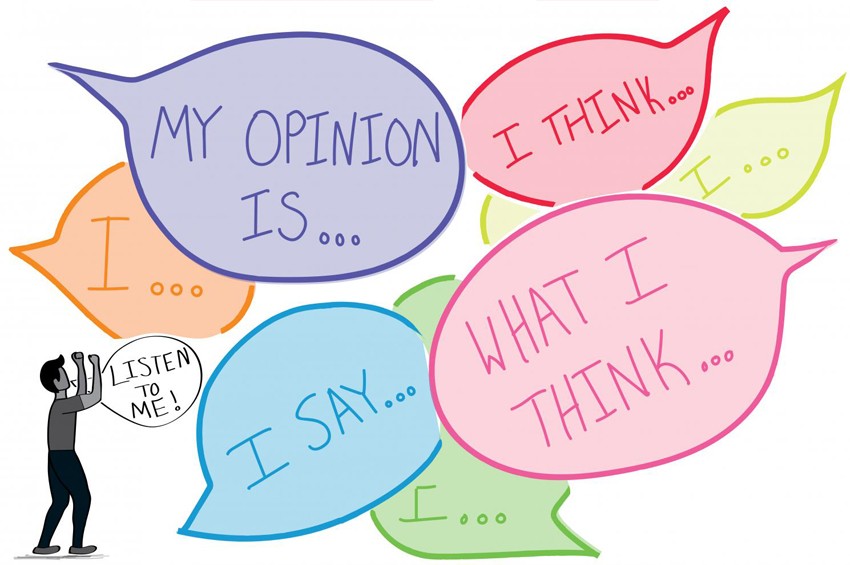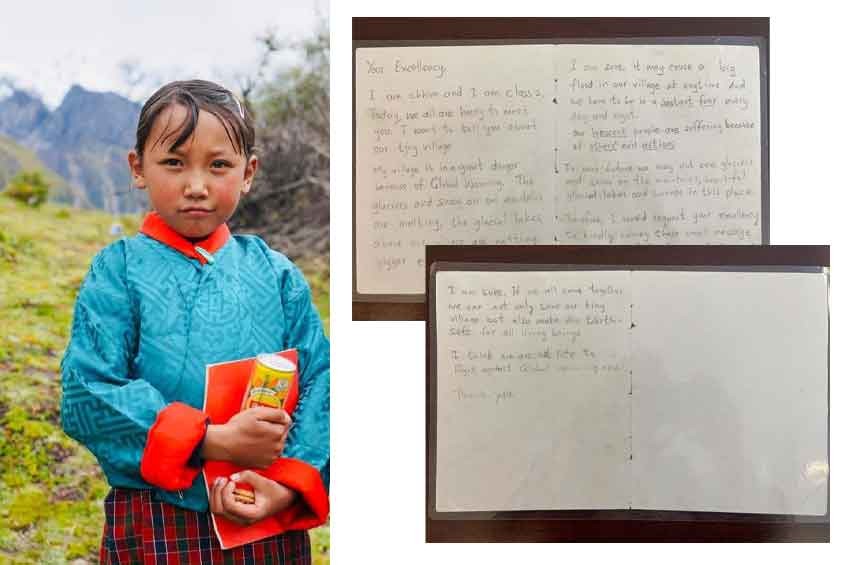Mainstream media shoulders a critical role in a democratic country like Bhutan and is often regarded as the fourth pillar of democracy.
Often called public watchdogs, reporters, and journalists sustain information and rely on the related public offices and agencies. But most reporters experienced the agencies treating the reporters like lapdogs.
When a watchdog turns into a lapdog, the day will not be far when the very purpose of democracy starts falling to pieces. Media thrives to combat corruption, empower citizens, strengthen democracy, and encourage accountability among the public and civil officeholders.
The means of sharing information with reporters have also affected the quality of news. One cannot do an in-depth and clear story with some of the interview modes adopted by the public and government offices.
For instance, Thimphu Thromde’s mode of giving interviews to the reporters through a written email which takes a whole week at times, and when clarification is needed, another e-mail and wait for another day or two. In the course, the newsworthiness wears off and becomes irrelevant.
Moreover, the reporters claimed that having a candid interview, the one-to-one interview is the best mode where the agencies are held accountable for what flows out of their mouths, where raw truth is unpacked. Certainly, when the agencies take a longer time to respond to the media, most of the required information could be fabricated or manipulated, and ultimately the public remains in darkness.
Similarly, many other public offices in Thimphu like RSTA, NPPF, JDWNRH, and more seem to be media-shy as they are also following Thimphu Thromde’s technique of sharing information.
However, the prime minister’s office assured that if any public office doesn’t share the information, they will be the bridge. For a reporter to access a piece of information, the public doesn’t have the slightest idea how many doors the reporters need to open. By the time the information is revealed, the news becomes stale. Hence, practicing Journalism with reluctant officials with zipped lips is difficult.
The media houses, to solve the issue and disseminate vibrant information, through the Media Council of Bhutan wrote a letter addressing the chairperson of RCSC, expecting that all the public offices will provide prompt access to information.
But when access to information becomes the main challenge, it cripples the watchdogs. It brews suspicion in the media fraternity as the required agencies and offices deny the right to information.
Article 7 of the constitution of the Kingdom of Bhutan ensures the right to information, freedom of speech, opinion, and expression. However, many informers and sources sharing information often want to do it behind the veil, to stay on the safer side. That only makes the news shared by the mainstream media unreliable as sources want the reporters to protect their identity, because in a true sense embracing one’s constitutional right is tricky with some people threatened with their internal laws.
Often called public watchdogs, reporters, and journalists sustain information and rely on the related public offices and agencies. But most reporters experienced the agencies treating the reporters like lapdogs.
When a watchdog turns into a lapdog, the day will not be far when the very purpose of democracy starts falling to pieces. Media thrives to combat corruption, empower citizens, strengthen democracy, and encourage accountability among the public and civil officeholders.
The means of sharing information with reporters have also affected the quality of news. One cannot do an in-depth and clear story with some of the interview modes adopted by the public and government offices.
For instance, Thimphu Thromde’s mode of giving interviews to the reporters through a written email which takes a whole week at times, and when clarification is needed, another e-mail and wait for another day or two. In the course, the newsworthiness wears off and becomes irrelevant.
Moreover, the reporters claimed that having a candid interview, the one-to-one interview is the best mode where the agencies are held accountable for what flows out of their mouths, where raw truth is unpacked. Certainly, when the agencies take a longer time to respond to the media, most of the required information could be fabricated or manipulated, and ultimately the public remains in darkness.
Similarly, many other public offices in Thimphu like RSTA, NPPF, JDWNRH, and more seem to be media-shy as they are also following Thimphu Thromde’s technique of sharing information.
However, the prime minister’s office assured that if any public office doesn’t share the information, they will be the bridge. For a reporter to access a piece of information, the public doesn’t have the slightest idea how many doors the reporters need to open. By the time the information is revealed, the news becomes stale. Hence, practicing Journalism with reluctant officials with zipped lips is difficult.
The media houses, to solve the issue and disseminate vibrant information, through the Media Council of Bhutan wrote a letter addressing the chairperson of RCSC, expecting that all the public offices will provide prompt access to information.
But when access to information becomes the main challenge, it cripples the watchdogs. It brews suspicion in the media fraternity as the required agencies and offices deny the right to information.
Article 7 of the constitution of the Kingdom of Bhutan ensures the right to information, freedom of speech, opinion, and expression. However, many informers and sources sharing information often want to do it behind the veil, to stay on the safer side. That only makes the news shared by the mainstream media unreliable as sources want the reporters to protect their identity, because in a true sense embracing one’s constitutional right is tricky with some people threatened with their internal laws.




